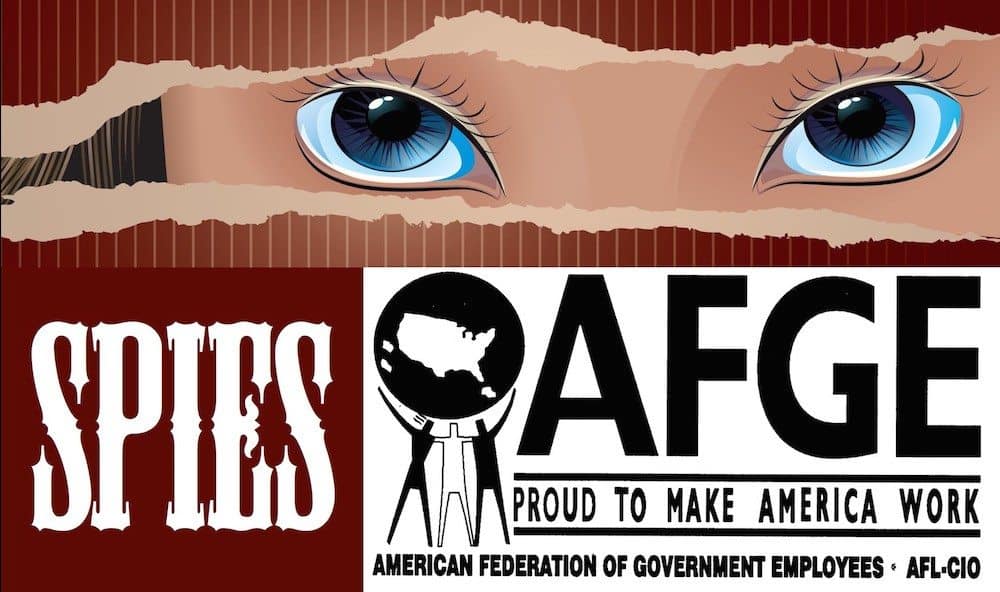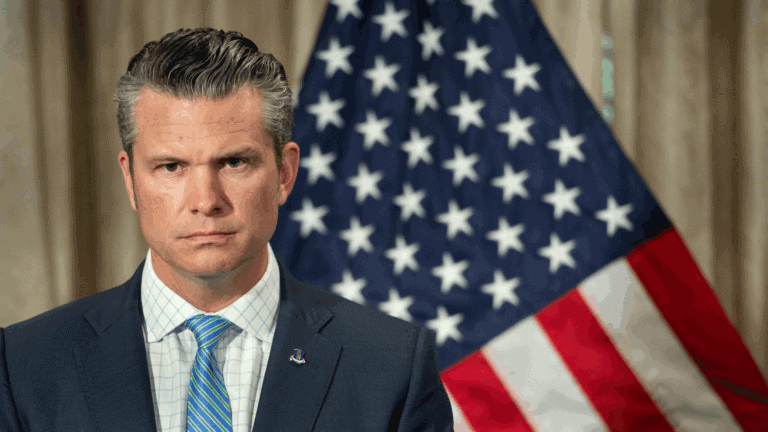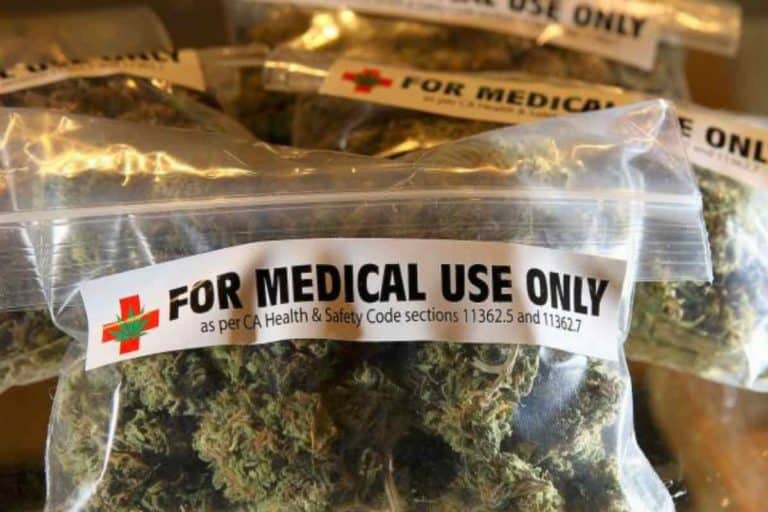VA Reverses Mass Layoffs but Still Plans 30K Staff Cuts
The Department of Veterans Affairs recently backed away from plans to axe 80,000 positions — but that doesn’t mean veteran services are in the clear.
Instead of sweeping layoffs, VA will reduce its workforce by roughly 30,000 through attrition, retirements, and resignations by the end of September. While the mass layoff (RIF) threat is off the table, questions remain: Will this still damage care, claims handling, and mental health services?
The Shift in Strategy
Originally, VA leaders said they’d cut more than 83,000 jobs — about 15% of the agency workforce — to return staffing to 2019 levels. But after backlash from veterans, Congress, and staff, that plan was pulled. (Washington Post).
Instead, the department confirmed it is now targeting roughly 30,000 positions, to be eliminated only through voluntary attrition and retirements, effectively avoiding forced layoffs. (Military.com, Reuters)
Why This Still Matters for Disabled Veterans …
- Critical services may still be strained: Even with voluntary cuts, staffing reductions could slow down the VA’s ability to process claims, deliver community care, and provide timely mental health services.
- Morale and turnover remain issues: Community and employee groups like AFGE report that continued uncertainty is demoralizing, and support staff shortages remain a real concern. (AFGE)
- Quality of care isn’t guaranteed: While some positions may be safeguarded, others — such as caseworkers or specialized clinicians — could still be lost through attrition, impacting disabled veterans who rely on consistent, expert care.
Voices from the Fallout
“We stopped the worst of it — but we’re still concerned.” ~ AFGE representative, reacting to VA’s change pivot (AFGE)
VA Secretary Doug Collins acknowledged the shift, stating that while 30,000 jobs will go, performance metrics — like reduced disability backlogs and better electronic health record modernization — show that service quality remains intact. (Washington Post)
What Veterans Should Watch …
- Follow your local VA performance:
Wait times for appointments, benefits, and claims processing may be affected. - Reach out to your VSO or case manager:
Ask if staffing changes are affecting service delivery in your area. - Advocate for oversight:
Support Congressional oversight on how cuts impact veteran care. - Tell your story if care is disrupted:
Personal examples can help push for smarter staffing choices.
Final Thought: Still Cause for Concern
VA’s pivot away from involuntary layoffs is a win — but the workforce reduction is still significant. Cutting 30,000 jobs, even voluntarily, could erode the system veterans rely on, especially for mental health care, long-term disability support, and case management.
This isn’t about politics. It’s about veterans getting the care and services they’ve earned — without delay, degradation, or harm.






Good riddance. The bad culture, denial of care, and egregious rights violations perpetuated by some of them is an abomination. The dereliction of duty by the courts in our pay big to play so called justice system is a disgrace to democracy.
This horrible scam is nothing more than a jobs program and redistribution apparatus under the guise of being a heathcare system. Every mentally ill fraud and incompetent settles their worthless ass at VHA
The VA is a poop fly magnet…PLUS most people turn into monsters once they enter this horrible system. Once great people, kind people, honest people.. turn into evil, sick people once they enter into this deplorable animal.
Just imagine how the private sector will react when more of them become more aware of what a bad organization the VHA is. Already this began decades ago… now more will be exposed to the VAs authoritarian and unethical ways. Community care is good.. a good start to turning more of the population against this horrible system.
Good riddance. Wrap up the fake healthcare system. The denial of care, incompetence, unethical use of psychology, bad culture, and abuse has gone on for way too long. Id rather see an outside provider and just not mention veteran status than deal with the disgrace that is VHA.
Good. It’s rudimentary healthcare anyway. A monkey could hand out pills and communicate with people. Three or four people are all that’s needed to approve community care. Those who deny care after we’ve gotten away from this terrible organization should be met with raw power.